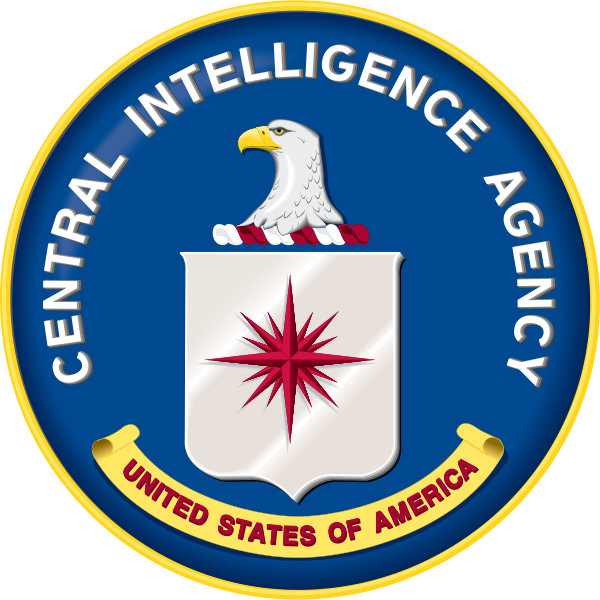The U.S. government, since its inception, has always employed spies, but it was during World War II that their use became evermore important. For example, years after the attack on Pearl Harbor, it was revealed that the military could have and should have been more prepared for the attack due to the observation of suspicious Japanese activity in Hawaii. However, due to the lack of a central government agency to sort and analyze information, this intel was never acted upon. In response to this deficit in the government, President Roosevelt established the Office of Strategic Services (OSS), who's purpose was to gather and analyze information for use during war.
After World War II, President Truman abolished the OSS, believing that it served no purpose. No more than a year later, he changed his mind and signed the National Security Act in 1947. Thus the CIA was created. Its purpose was, similar to the OSS, was to covertly fund intelligence operations and conduct personnel actions beyond the usual government procedures. It was the first U.S. organization dedicated to peacetime spying and collection of intelligence, and 6 years later, the CIA became an established section of the government.
The CIA still operates primarily in secrecy. There's often controversy regarding their actions and influences, such as the failed Bay of Pigs Invasion in 1961, which was an operation to overthrow the increasingly communist power of Fidel Castro. However, it ended up strengthening his leadership and also his relationship with the USSR. It also led to the event of the Cuban Missile Crisis. Regardless of its past mishaps, the CIA still serves as an essential part of the U.S. government. Without it, the outcomes of many conflicts and situations in the past may have turned out for the worse.

Sources:
https://www.cia.gov/about-cia/history-of-the-cia
https://www.history.com/topics/us-government/history-of-the-cia
https://commons.wikimedia.org/wiki/File:Seal_of_the_U.S._Central_Intelligence_Agency.svg
After learning about some of the failed operations the CIA was involved in such as the Bay of Pigs Invasion from your post, I was intrigued to find out that there is a detailed list of controversies and intelligence failures of the CIA. As stated in your post, the CIA-planned Bay of Pigs invasion destroyed US-Cuba relations and strengthened Fidel Castro as a leader. The aerial attack on Cuba’s air force went awry after it came under heavy fire from the Cuban military after landing off the country’s southern coast. A year later, the CIA didn't do much to mend their reputation, as they concluded that the Soviets were unlikely to establish offensive missiles in Cuba. However, that conclusion was wildly wrong, as the Soviets had already established missile sites in Cuba. Another CIA blunder was the Indian nuclear test in May of 1998, where the CIA didn’t catch on to India’s nuclear test preparations. At the time, a U.S. spy satellite picked up clear evidence of India’s nuclear test preparations six hours before the blasts, but the U.S. intelligence analysts responsible for tracking India’s nuclear program weren’t on duty. When they came into work the next morning, they got documented photo confirmation of the nuclear tests that had already taken place last night.
ReplyDeletehttps://foreignpolicy.com/2012/01/03/the-ten-biggest-american-intelligence-failures/
https://en.wikipedia.org/wiki/List_of_CIA_controversies